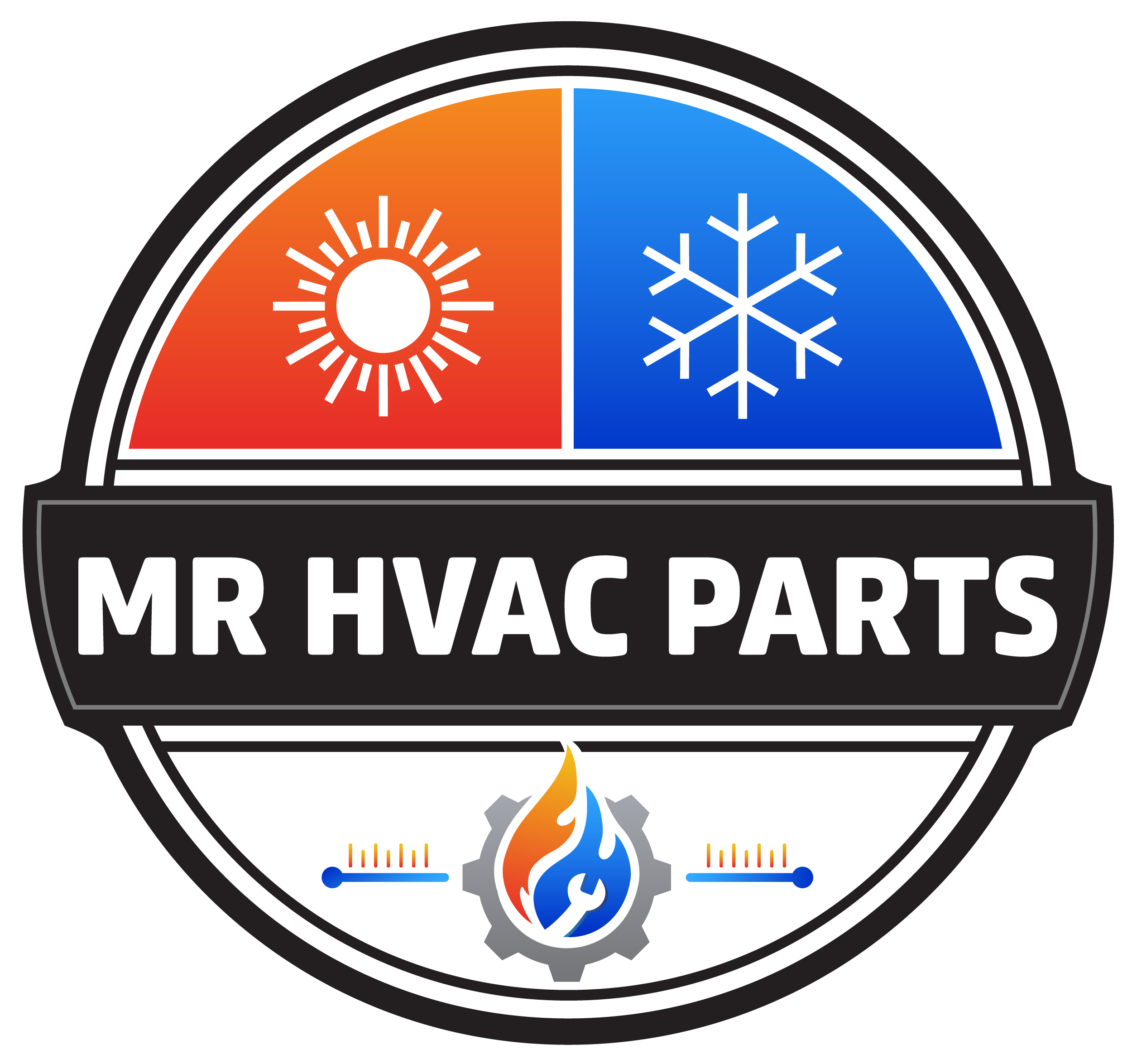Condensate Pumps in Washington, DC and the DMV Area:
Expert Advice
Condensate pumps play a vital role in the efficient operation of your HVAC system, particularly in regions like Washington, DC, and the surrounding DMV area, where humidity can be a significant factor. These pumps are responsible for removing excess moisture that accumulates during the cooling process, helping to prevent water damage and maintain indoor air quality. In this guide, we’ll explore everything you need to know about condensate pumps, including their importance, types, common issues, and maintenance tips.
Why Condensate Pumps Matter
Condensate pumps are essential components of your HVAC system, particularly in air conditioning units and high-efficiency furnaces. They are designed to collect and remove the condensation that forms as your system cools the air. Without a properly functioning condensate pump, moisture can accumulate, leading to water damage, mold growth, and reduced system efficiency.
Benefits of a Properly Functioning Condensate Pump:
Prevents Water Damage: By efficiently removing excess moisture, condensate pumps help prevent leaks, water damage, and the associated costs of repairs.
Maintains Indoor Air Quality: Removing moisture reduces the likelihood of mold and mildew growth, contributing to a healthier indoor environment.
Ensures System Efficiency: A working condensate pump helps maintain the efficiency of your HVAC system, preventing potential shutdowns due to overflow or clogs.
Types of Condensate Pumps
There are various types of condensate pumps available, each designed for specific HVAC system configurations and needs. Understanding the different types can help you choose the right one for your home or business in the DMV area.
Manual Condensate Pumps:
Overview: Manual condensate pumps require manual operation to remove accumulated condensate. They are typically used in situations where automatic operation is not feasible.
Best For: Situations where infrequent operation is needed or where automation is unnecessary.
Advantages: Simple operation and low cost.
Automatic Condensate Pumps:
Overview: Automatic condensate pumps are equipped with a float switch that activates the pump when the water level reaches a certain point. They are widely used in residential and commercial HVAC systems.
Best For: Most residential and commercial HVAC systems that require automatic moisture removal.
Advantages: Provides convenience, consistent operation, and reliability.
High-Performance Condensate Pumps:
Overview: These pumps are designed for high-efficiency HVAC systems that produce a larger volume of condensate. They are capable of handling higher capacities and are often used in commercial or industrial settings.
Best For: Commercial buildings or large residential properties with high-efficiency HVAC systems.
Advantages: Capable of handling larger volumes of water, ensuring reliable operation in demanding environments.
Mini-Split Condensate Pumps:
Overview: Specifically designed for mini-split air conditioning systems, these compact pumps are ideal for applications where space is limited.
Best For: Mini-split air conditioning systems in residential or commercial settings.
Advantages: Compact size, easy installation, and efficient operation in limited spaces.
Common Condensate Pump Issues
Condensate pumps are generally reliable, but like any mechanical component, they can experience issues that may affect their performance. Here are some common problems you might encounter with them in Washington, DC, and the DMV area:
Clogs:
Overview: Clogs are one of the most common issues with condensate pumps. Debris, algae, or mold can build up in the pump or drain lines, leading to blockages that prevent the pump from removing water effectively.
Signs: Overflowing water, musty odors, or the HVAC system shutting down due to high water levels.
Float Switch Failure:
Overview: The float switch in an automatic condensate pump can sometimes fail, preventing the pump from activating even when the water level is high.
Signs: Water not being pumped out, even though the pump appears to be in good condition.
Power Issues:
Overview: Electrical issues, such as a tripped breaker or loose wiring, can prevent the condensate pump from operating.
Signs: The pump not turning on, no noise or vibration from the pump when it should be running.
Pump Malfunction:
Overview: Over time, the motor or internal components of the condensate pump may wear out, leading to reduced performance or complete failure.
Signs: Unusual noises, reduced water flow, or the pump not operating at all.
Maintaining Your Condensate Pump in the DMV
Regular maintenance is key to ensuring the longevity and performance of your condensate pump. Here’s how you can keep your pump in top condition:
Regular Inspections:
Have your condensate pump inspected by a professional at least once a year, especially during routine HVAC maintenance.
Clean the Pump:
Regularly clean the pump and drain lines to prevent clogs and the buildup of debris or algae.
Test the Float Switch:
Periodically test the float switch to ensure it activates the pump when the water level rises.
Check for Power Issues:
If the pump isn’t working, check the power supply, including breakers and wiring, to ensure everything is connected and functioning correctly.
Where to Service Condensate Pumps in Washington, DC, and the DMV
If you’re experiencing issues with your condensate pump or need a new installation, it’s important to consult with a professional HVAC technician. Contact us today to schedule a service or learn more about your condensate pump options.
Condensate pumps are essential for the smooth operation of your HVAC system, especially in the humid climate of Washington, DC, and the DMV area. By ensuring your pump is in good working order, you can prevent water damage, maintain air quality, and keep your system running efficiently.
Understanding the different types of condensate pumps, recognizing common issues, and staying proactive with maintenance can help you choose the right pump for your needs and ensure reliable performance for years to come.


